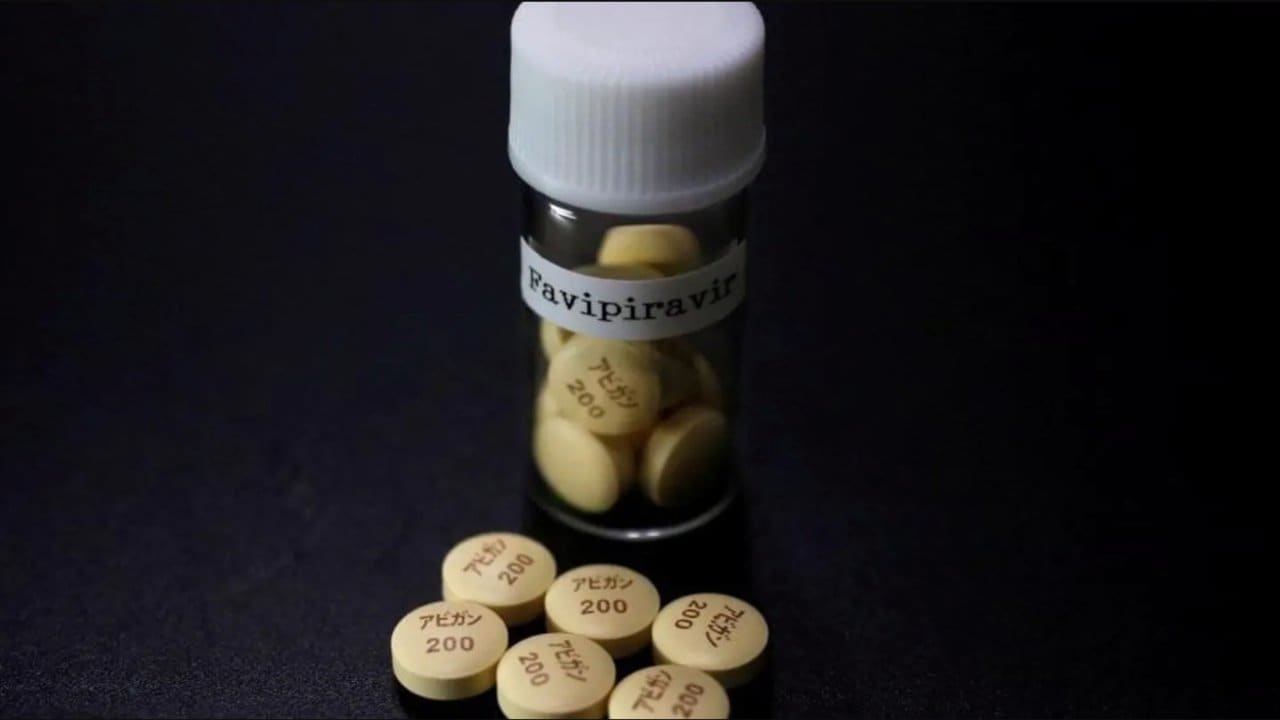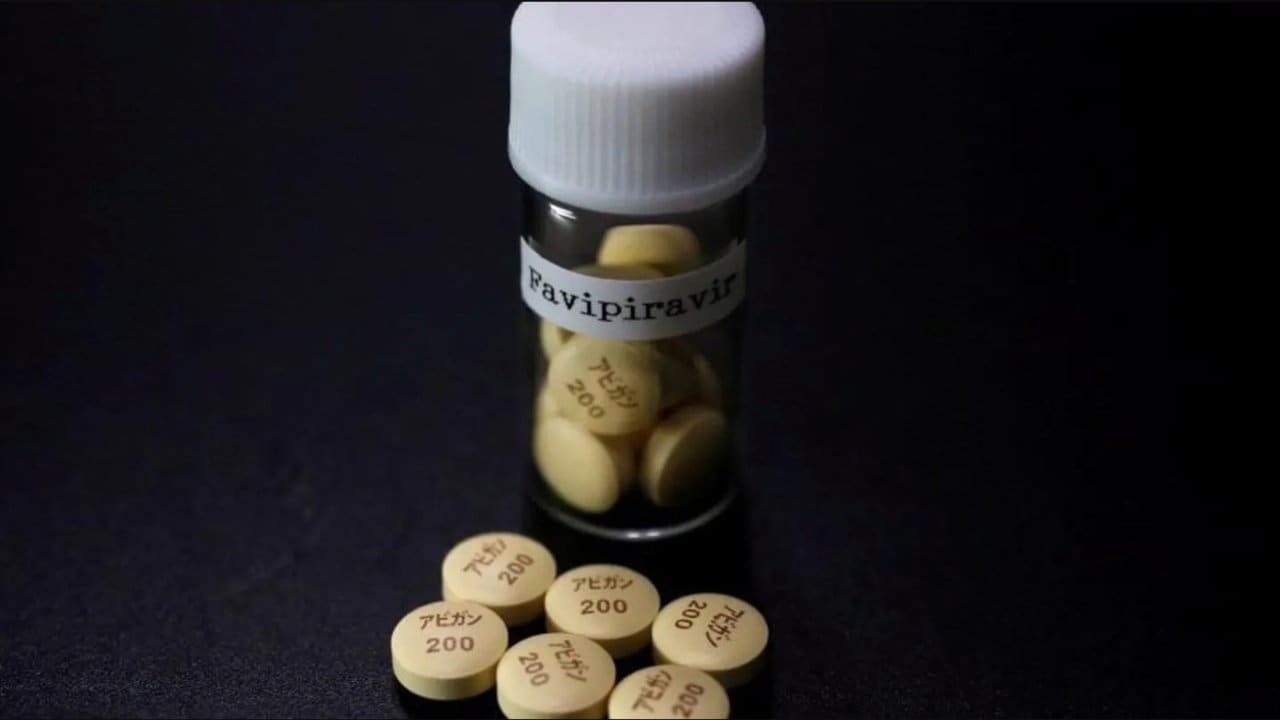Favipiravir at high doses works to curb COVID-19 in hamsters, HCQ ineffective: Study
Researchers warned that ‘Favipiravir is not a panacea’, since it wasn’t specifically developed for coronaviruses.

Favipiravir tablets. Image: Reuters/ISSEI KATO
A new study has found that high doses of favipiravir have an antiviral effect in hamsters, while hydroxychloroquine (HCQ) didn’t have a similar effect. Antiviral drugs do not destroy its target pathogen but instead, it inhibits the development of the virus in the body.
Virologists at the KU Leuven Rega Institute, Belgium have been testing to see which existing drug can cure/reduce the amount of SARS-CoV-2 virus in an infected person. For that purpose, they are conducting trials on animals and chose to test on hamsters as they develop a lung pathology similar to a mild covid-19 infection in humans.
The team from the university includes Suzanne Kaptein, Joana Rocha-Pereira, Professor Leen Delang, and Professor Johan Neyts. The results of this study were published in the journal Proceedings of the National Academy of Sciences (PNAS).
Hamsters were treated with either HCQ or favipiravir for four to five days, and later infected with the virus.
To infect the animals, the SARS-CoV-2 virus was inserted into their nose or they were put into the cage with another infected hamster. Some hamster were given the drugs one hour before they were to get infected and one day before they were to be caged with the infected hamster. Four days later, the research team measured the presence of the virus in the animals.”

The researchers chose to test on hamsters as they develop a lung pathology similar to a mild covid-19 infection in humans.
Hydroxychloroquine is used to prevent and treat malaria as well as to treat rheumatoid arthritis and lupus. However, the use of HCQ was stopped after they found there were no benefit for decreasing the likelihood of death or speeding recovery in COVID-19 patients. The WHO, FDA and even Oxford University conducting trials stopped using the drug. However, HCQ is still being prescribed in India.
What the researchers found via the study was that HCQ did nothing to prevent or relieve COVID-19 – a similar result to earlier human clinical trials of the drug in COVID-19 patients.
“Based on these results and the results of other teams, we advise against further exploring the use of hydroxychloroquine as a treatment against COVID-19,”Rocha-Pereira said in a press statement.
Favipiravir is an antiviral that is used to treat influenza in Japan and is sold under the brand name Avigan. It has also received emergency approval by the Drug Controller General of India (DCGI) to be used for mild and moderate COVID-19 infections. In Inda, numerous trials are being conducted to access the use of these drugs along with efficacy and side effects.
The study found that only a high dose of the antiviral favipiravir is actually effective, while a low dose did nothing to curb infection in the hamsters.
According to the press note, a few days after the hamsters given favipiravir were infected via their noses, virologists ‘detected hardly any infectious virus particles’. The healthy hamsters that were caged with infected hamsters had also been given the drug, did not develop obvious signs of an infection.
“The high dose is what makes the difference. That’s important to know because several clinical trials have already been set up to test favipiravir on humans,” Professor Delang said in the statement.
The team of virologists were pretty stoked about their findings. Since favipiravir worked on the hamsters, the researchers believe it could work similarly well in humans too. However, the trio acknowledges that favipiravir, even if declared a preventive measure some day, may have unpredictable side effects at higher doses.
“Because we administered the drug shortly before exposing the hamsters to the virus, we could establish that the medicine can also be used prophylactically, so in prevention,” Suzanne Kaptein notes.
“If further research shows that the results are the same in humans, the drug could be used right after someone from a high-risk group has come into contact with an infected person. It may likely also be active during the early stages of the disease,” she added.
The researchers also warn, “Favipiravir is not a panacea” as it was not specifically developed against coronaviruses.
#Favipiravir #high #doses #works #curb #COVID19 #hamsters #HCQ #ineffective #Study











